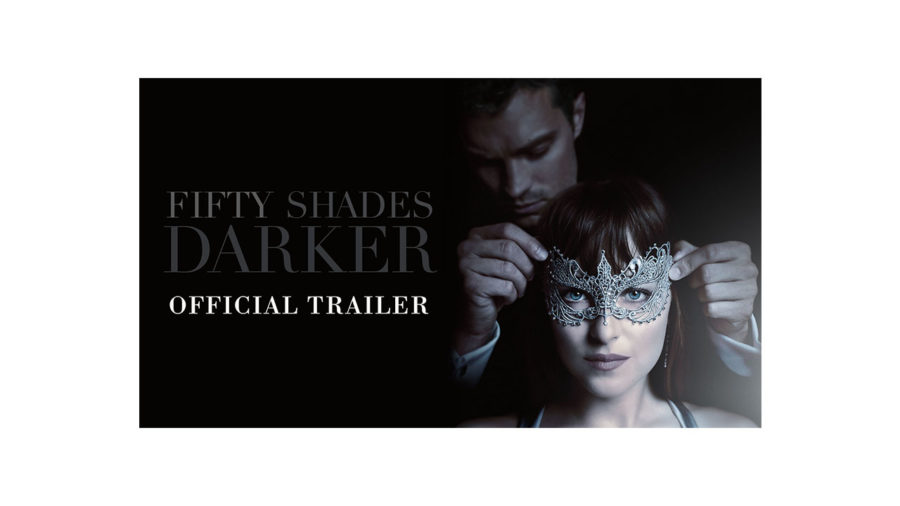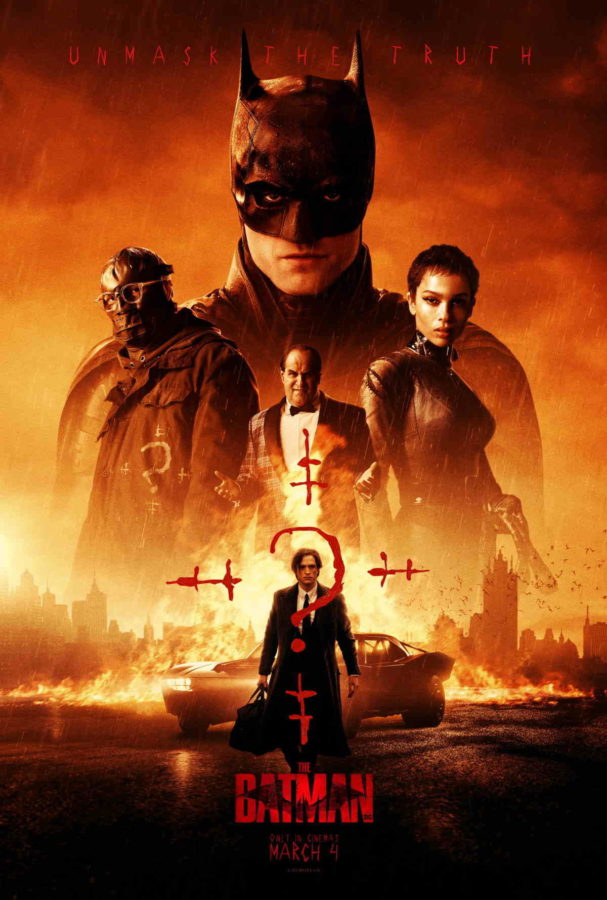On Friday, Feb. 10, the second film in the ‘Fifty Shades of Grey’ trilogy by E.L. James, “Fifty Shades Darker” was released to theaters.
Though the books and movies have been wildly successful since their release in 2011, critics of the series claim that it is not romantic – rather, it’s an example of abuse.
I cannot say that I have ever heard of women wanting to see these particular films because they were romantic. Women go to see the films because they need a good laugh at the awkward sex talk or because the idea of being sexually dominated is exciting.
Regardless of why the audience finds “Fifty Shades” appealing, one can most definitely create or find a list of abusive behaviors exhibited by leading man Christian Grey. Though most everyone is aware Christian Grey is fictional character, many are worried about the multi-million dollar series’ impact on real-life.
I did not realize how much doubt women harbored in the critics of “Fifty Shades” until I read an article by Roxane Gay.
Roxane Gay, known for being a writer and editor for The Rumpus and author of “The Bad Feminist,” tackled the issue of “modern-day Prince Charmings” like Christian Grey in her essay published in The Rumpus, “The Trouble With Prince Charming or He Who Trespassed Against Us.”
Gay, a self-proclaimed skeptic, criticized classic and modern fairytales, hoping to alert female audiences of the possible underlying, consequential messages. While Gay utilized rational reasoning when she said the movies unconsciously affect our cognizance and behavior, she gives all moral responsibility to the entertainment industry. This reveals that Gay disapproves of her readers’ rights to enjoy fictional works.
In a terse summary, Gay outlines Christian Grey’s problematic behavior. Striving to make young college student Anastasia his submissive (and questionably lover), Christian buys her expensive gifts, takes her virginity and tries to convince her to sign a contract to become his exclusive submissive. Ana, wanting a normal relationship void of legally-binding contracts, constantly argues with Christian about their conflicting ideas of romance throughout the trilogy.
Gay spends the rest of the article attempting to awaken women from their BDSM-filled, wannabe Ana dreams. Gay said, “’Fifty Shades of Grey’ is about a man finding peace and happiness because he finally finds a woman willing to tolerate his bullshit for long enough.”
While that may be true, Gay seems forgetful of the power moments Ana had – like negotiating the rules of the contract with Christian, leaving town to visit her mother and finally walking out of Christian’s life at the very end of the first film. If that does not give Gay a bit of empowerment, then I do not know what will.
To me, Ana only came across as a submissive in the bedroom.
To further deconstruct the unrealistic, “Fifty Shades of Grey” dream, Gay goes said E.L. James, the author of the series, was not accurate in her portrayal of BDSM relationships. Gay misinterprets James intentions when she says, “… people who know not of what they speak have made wild, lazy, insulting or inaccurate conjectures about BDSM all because a writer, who is not terribly familiar with the lifestyle (she did a lot of online research, don’t you know), thought kink would be a nice hook to hang her Twilight fan fiction on.”
Here, it can be inferred that Gay believes it is the responsibility of not only “Fifty Shades of Grey,” but also other fictional works to be as realistic and accurate as possible. Gay fails to realize that most fictional work is created for entertainment, which is exactly what James intended.
In an interview with Metro, James revealed the trilogy’s purpose by saying, “It’s all about the fantasies.” In the fantasy world that James has created, the sex is hot and flawless, and it is the audience’s responsibility to recognize that any aspect of life is not like the movies. Therefore, if a “Fifty Shades” fan became interested in BDSM through the movie and/or book series, it is their responsibility to educate themselves on the complex topic.
While Gay’s intentions are certainly in the right place, her analysis ultimately makes her seem like she’s undermining her female audience, which is a pattern with most critics. The movies we watch can definitely affect our ways of thinking, but in an age where social justice warriors are constantly pointing out what is problematic and where Google provides the answer to any question, I believe that a very small percentage of women will use Christian Grey as a model for their ideal lover.





























